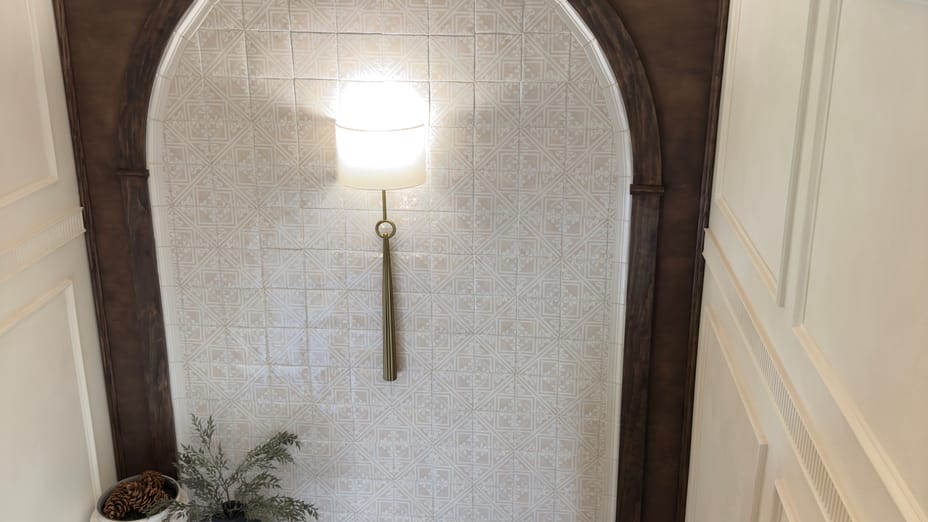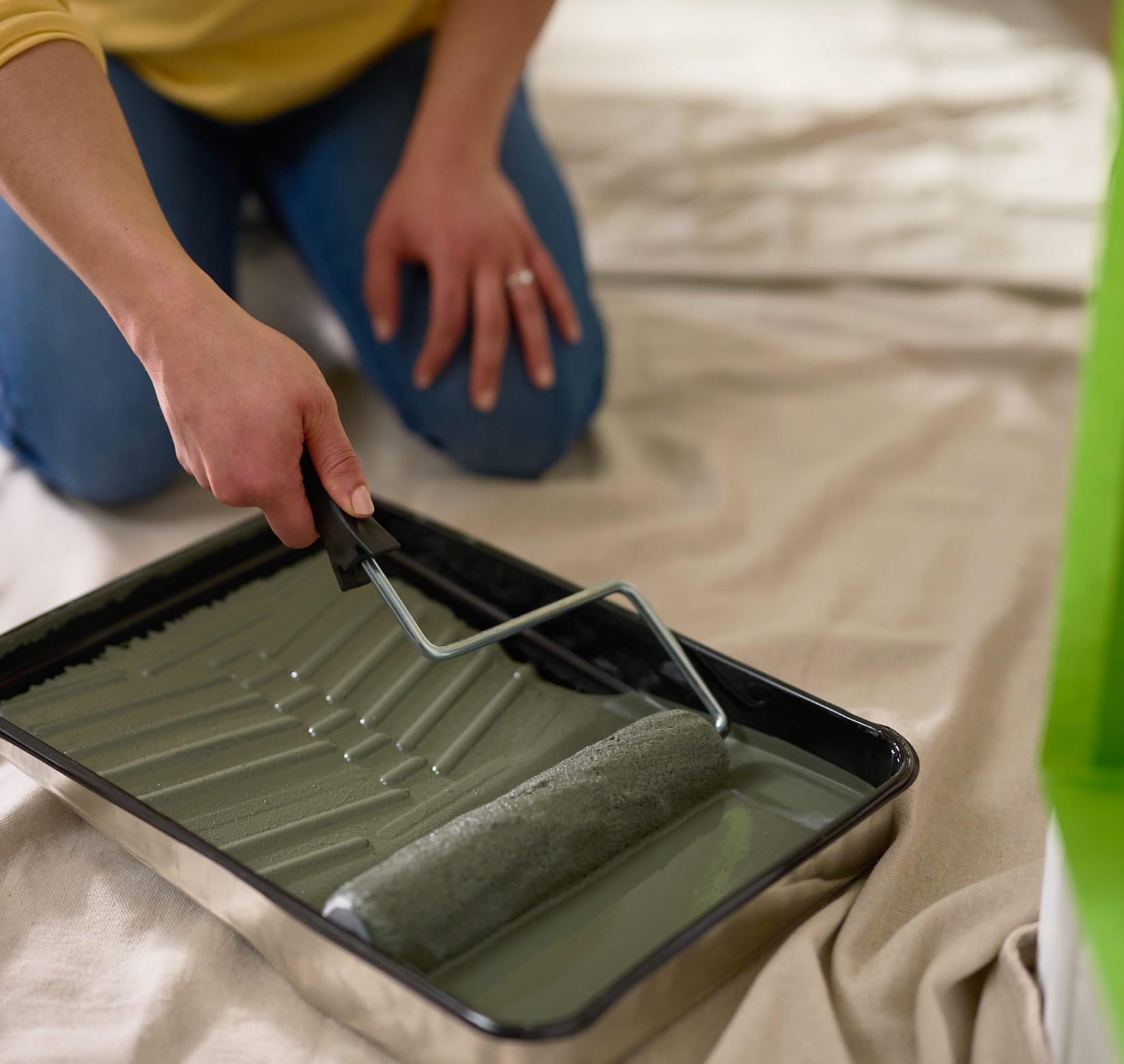
Techniques
Step Up in Style: A Textured Staircase Takeover
Toya Cheri, from @shemoveswithpurpose, preforms a modern Mediterranean makeover for a staircase landing, featuring a custom wood arch with terracotta tile, limewashed walls, classic trim and antique-inspired lighting.



